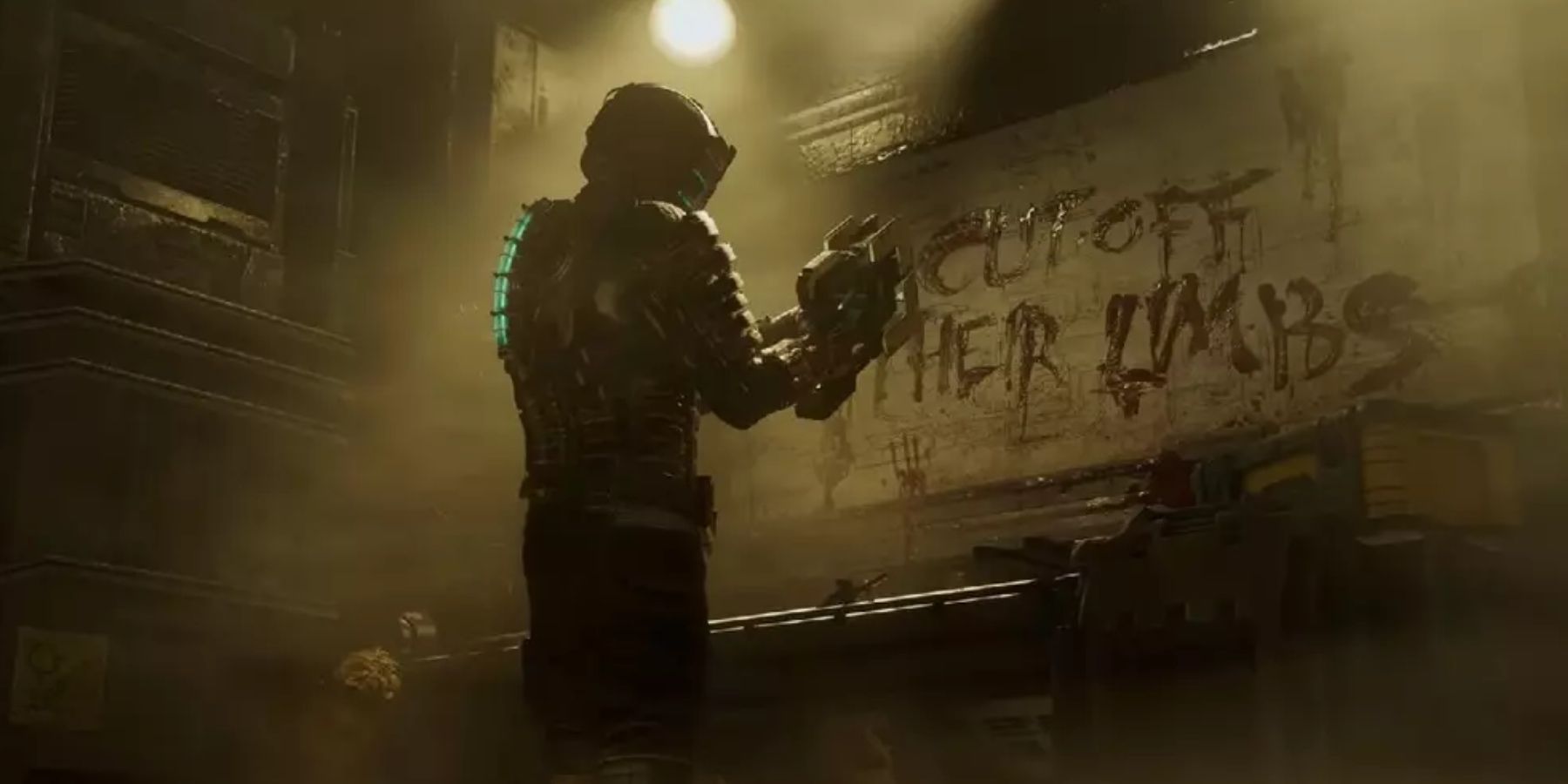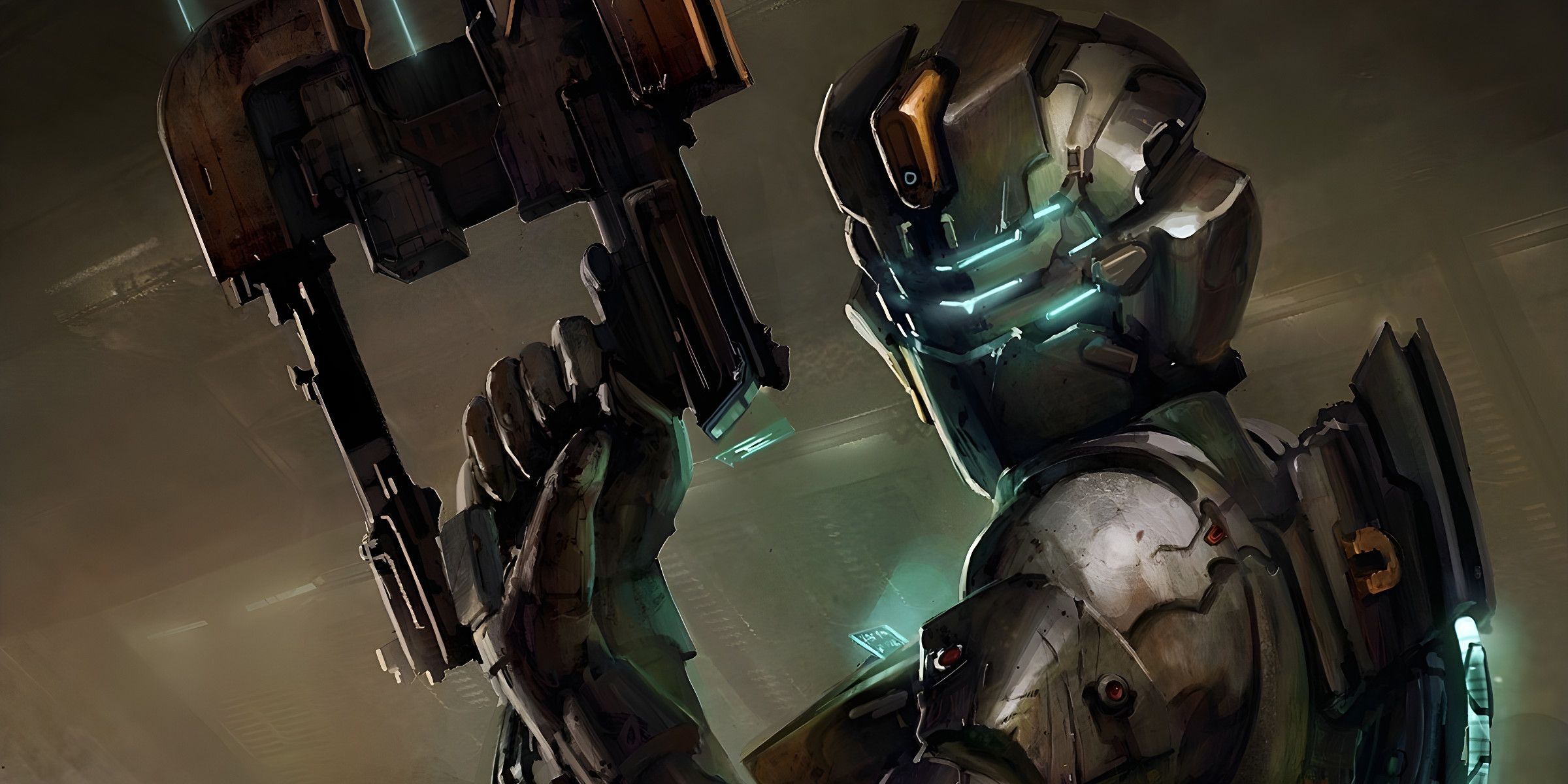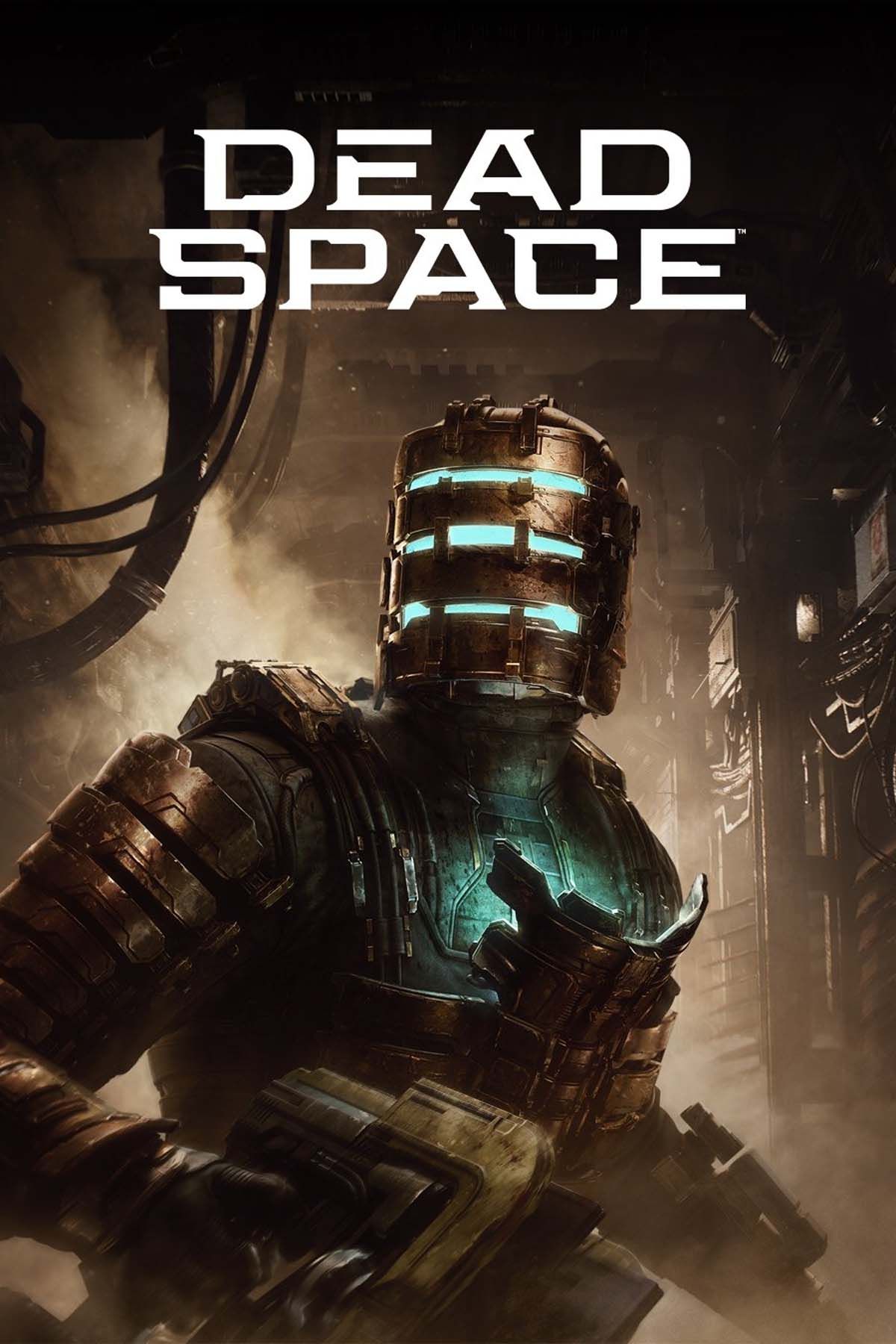After a great current-gen remake, it looks like Dead Space is back on the shelf for now. EA Motive will instead be tackling Battlefield and Iron Man, a shift that will hopefully bear good fruit, though the fact that there won't be a Dead Space 2 remake, nor a Dead Space 4 anytime soon, is sure to come as a disappointment to fans of the iconic survival horror franchise.
At one point, it seemed as though The Callisto Protocol would be carrying Dead Space's torch, but with the project floundering both critically and commercially, this doesn't appear to be the case. This is particularly devastating not only because Callisto appeared to have so much initial promise, but also because it was being led by Glen Schofield, the creative mind behind the original Dead Space; in the eyes of many gamers, if anyone could make a spiritual successor to Dead Space, capturing its tone, spirit, and gameplay, it was Schofield. With both Callisto and Dead Space dormant, players hungry for more terrifying deep space survival horror might be starving for quite some time.
Though The Callisto Protocol was a disappointment , it's not without its strengths, and some would argue that its release date being just a month ahead of the Dead Space remake played a significant role in its negative reception.

How The Original Dead Space Hid Its Biggest Twist in Plain Sight
The end of Dead Space was a jaw-dropping moment when the game first launched, but a major hint was cleverly hidden in plain sight.
Dead Space Doesn't Have To Be the Blueprint, But Sci-Fi Horror Needs a Place In Gaming
Sci-Fi Horror Is Rife With Potential
As Dead Space fans mourn the loss of the series for the second time, it's important to remember that science fiction horror games can go beyond just one series. Even in Dead Space's wake, a number of incredible horror games have leveraged science-fiction conventions to great effect. Such games include:
- Signalis
- Soma
- Scorn
- Prey (2017)
What sets these games apart from other horror titles is their deep connection to science-fiction themes. While a horror franchise like Resident Evil may feature sci-fi elements, the exploration of these elements isn't the central focus of the narrative. This stands in contrast to titles like Signalis and Soma, which use theoretical tech and science to delve into psychology and philosophy, rather than as justifications for gameplay. In this way, they are like Dead Space, which leverages space-faring sci-fi conventions to induce cosmic dread and pose existential questions.
Sci-Fi Horror: More Than Just Dead Space
Dead Space's intimate narrative, stunning visual design, and satisfying gameplay solidify it as a masterpiece of sci-fi horror, but it doesn't have to be the pinnacle of the genre in gaming. If anything, Dead Space ought to serve as inspiration for how to handle sci-fi writing in a horror story, as games can learn from its strengths without trying to be a Callisto-style spiritual successor.
Video games are uniquely suited to science-fiction storytelling, as players can investigate themes and narrative concepts via interactivity. For example, a story like Soma's, which seeks to interrogate commonly held beliefs about consciousness and identity, is able to get a lot of mileage out of its nature as a video game, as it nurtures a very specific type of connection between audience and protagonist. Another example: though not explicitly a sci-fi game, Bloodborne shares Lovecraft's obsession with perception and forbidden knowledge, and the game's Insight mechanic is utilized to this end.
Put simply, video games have access to narrative devices that other mediums do not. Interactivity, the key factor that separates games from other media, is especially powerful when it comes to science fiction and horror stories, which tap into psychology and philosophy more than other genres. As such, games that blend hard science fiction and horror need to stick around, regardless of the status of Dead Space and its inheritors.




